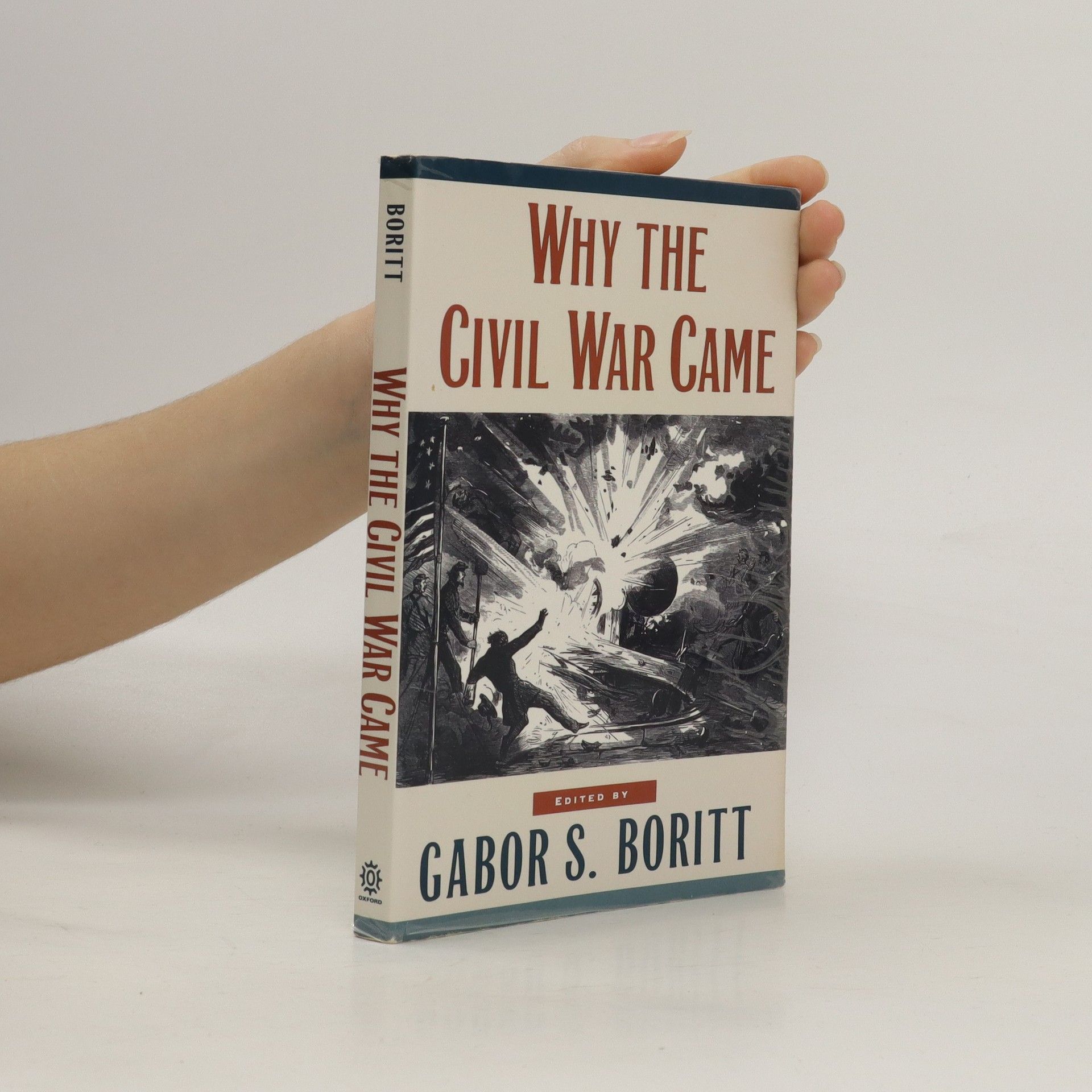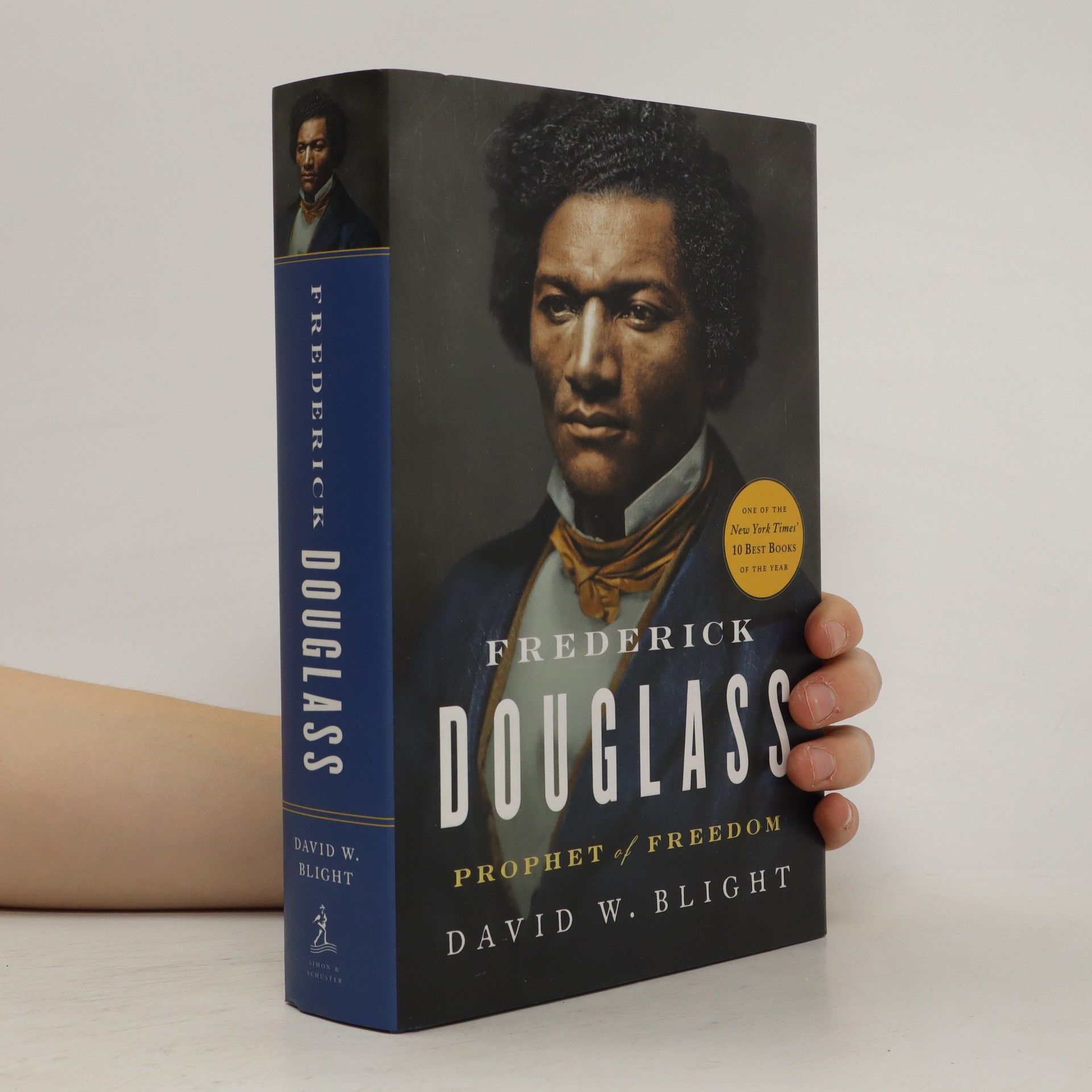Frederick Douglass
- 888pages
- 32 heures de lecture
This dramatic biography chronicles the life of Frederick Douglass, the most significant African-American of the nineteenth century. Born into slavery in Baltimore in 1818, Douglass was fortunate to learn to read from his mistress, which paved the way for his emergence as a leading abolitionist and orator. Throughout his life, he authored three autobiographies and published his own newspaper, using his experiences to expose the horrors of slavery. Initially mentored by William Lloyd Garrison, Douglass captivated audiences with his powerful speeches, later evolving into a political abolitionist and supporter of the Republican Party and Abraham Lincoln. By the Civil War and Reconstruction, he had become the nation’s most renowned orator, vocally opposing the end of Reconstruction and the rise of Jim Crow laws. Douglass was a complex figure, critiquing the U.S. while remaining a radical patriot. He engaged in political debates with younger African-Americans but remained committed to civil rights. This biography by David Blight utilizes new sources, including private collections and Douglass's newspapers, to explore his two marriages and intricate family life. It presents Douglass not only as a master of words but also as a profound thinker influenced by Biblical theology, filling a significant gap in historical literature about this remarkable man.



